Keywords: Concern Australia
There are more than 200 results, only the first 200 are displayed here.
-

RELIGION
- Miles Pattenden
- 15 September 2022
4 Comments
The Queen’s life of overt public religion — which led her to become perhaps the twentieth century’s greatest Christian evangelist — was grounded in her conviction in the Gospels’ truth. And she interpreted Jesus’ story generously and ecumenically, broadening her role from the narrow Anglican identity of Supreme Governor of the Church of England to become an advocate by example for faiths of every kind.
READ MORE 
-

INTERNATIONAL
- David Halliday, Beth Doherty, Tim Dunlop, Matthew Howard
- 26 August 2022
When former Facebook employee Frances Haugen released a trove of documents revealing internal research on the negative effects its social media products were having on mental health, the darker side of social media became hard to ignore. So how might the harmful effects of social media be mitigated into a social benefit for a saner, more coherent society?
READ MORE 
-
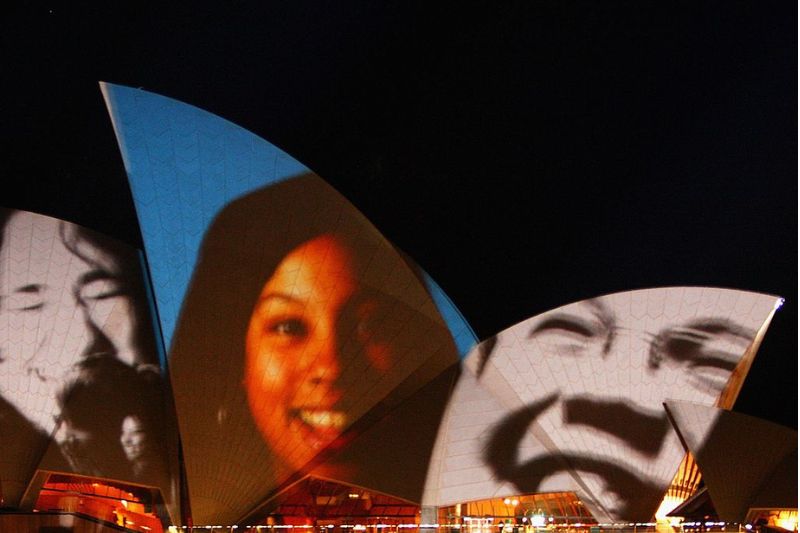
AUSTRALIA
- Andrew Hamilton
- 17 August 2022
4 Comments
Few Australians of Irish descent will now be familiar with this history and the experience that accompanied it. They would see themselves as simply Australian. But the emphasis on social justice, the recognition of the value of community, and the concern for people who are marginal that are communicated through Catholic schools and the sympathy with the underdog owe much to the Irish heritage.
READ MORE 
-

ARTS AND CULTURE
- Barry Gittins
- 12 August 2022
Journalist and author Elle Hardy spent 15 months researching and writing her 2021 work Beyond Belief: How Pentecostal Christianity is Taking Over the World. She notes the estimation that by 2050, one billion people around the world (one in 10 humans) will be a Pentecostal follower of Jesus (and their pastor).
READ MORE 
-

AUSTRALIA
- Andrew Hamilton
- 27 July 2022
2 Comments
Over recent weeks many people have expressed alarm and despondence at the rising number of infections and deaths from COVID. Just as we were enjoying freedom from restrictions we found ourselves encouraged to work from home if possible and to wear masks. The crisis and the recommendations recall the first onset of COVID in Australia. Yet the response of Governments is much less forceful. The differences between the responses and the reasons for them merit reflection.
READ MORE 
-
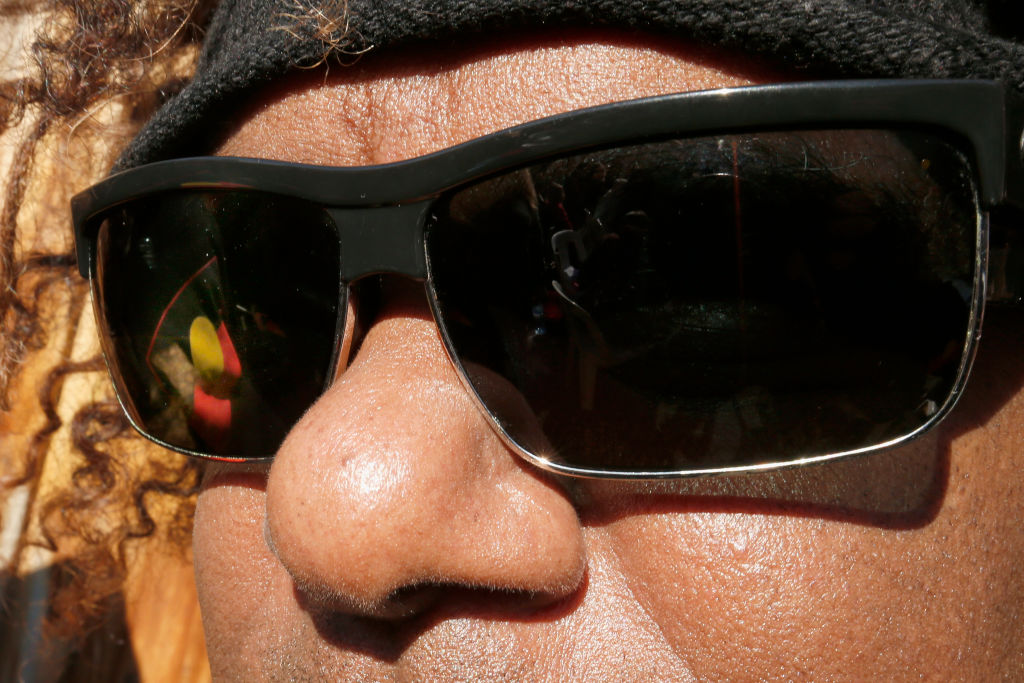
AUSTRALIA
- Andrew Hamilton
- 30 June 2022
11 Comments
If NAIDOC and of the Australian Catholic Church are to achieve their goals time and patience will be required. Yet both show signs of justifiable impatience. This year the theme of NAIDOC Week is Get Up! Stand Up! Show Up! Its tone is urgent, expressing frustration at the resistance to change but also the recognition that new possibilities have opened.
READ MORE 
-
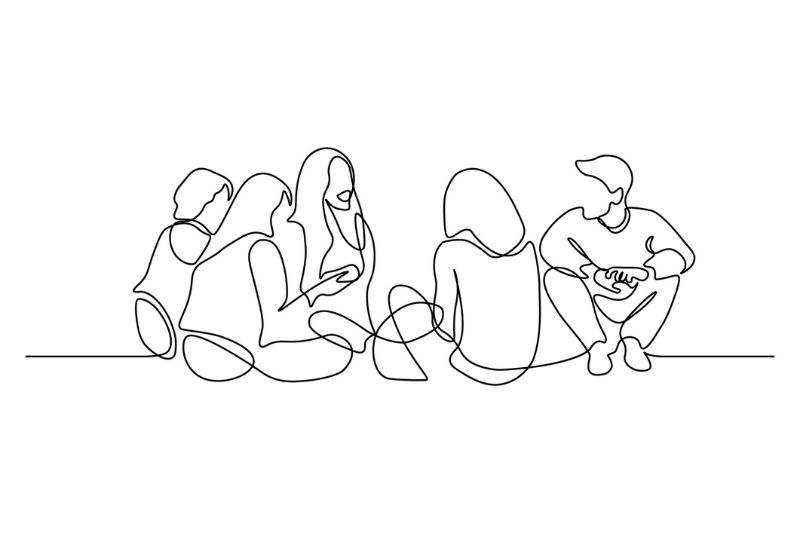
RELIGION
- Anne Walker, Emma Carolan
- 30 June 2022
8 Comments
Last month’s Federal election has delivered what is being considered as the most progressive parliament that Australia has witnessed for some time. Such a change represents a shift in values, experiences and priorities held by everyday Australians. As the Australian Catholic Church continues its process of self-examination through the Plenary Council, what can it discern from this election result?
READ MORE 
-
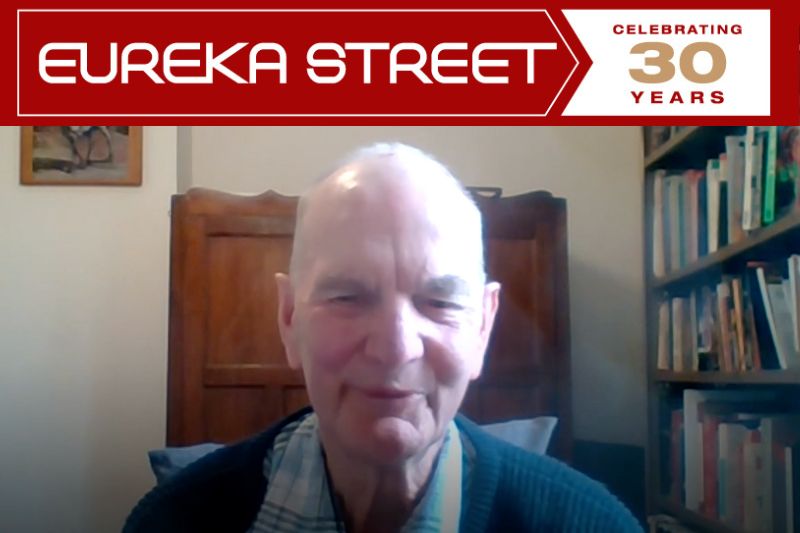
MEDIA
- David Halliday
- 29 June 2022
1 Comment
As part of the 30th anniversary of Eureka Street, we're running conversations with the team who first started the publication in 1991, alongside various people who have played a part in the Eureka Street story. In this video, Eureka Street editor David Halliday speaks with Eureka Street consulting editor Andrew Hamilton SJ.
READ MORE 
-
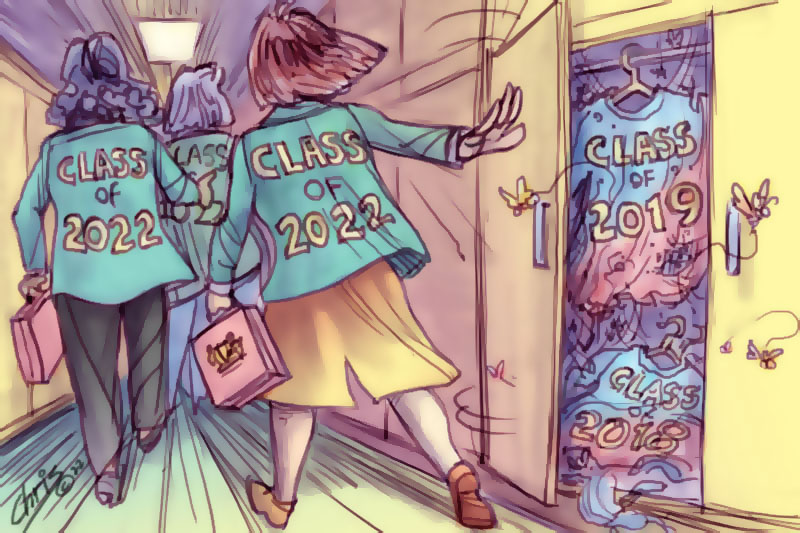
AUSTRALIA
Concern about political malfeasance in Australian politics was one of the issues that drove the influx of new members (mainly women) into the Australian Parliament on 21 May, and they are promising a raft of reforms. The astounding thing is that we managed to leverage the change of 21 May 2022 within the confines of a system that inherently favours the status quo, the preferential voting system tending to channel votes back to the major parties.
READ MORE 
-
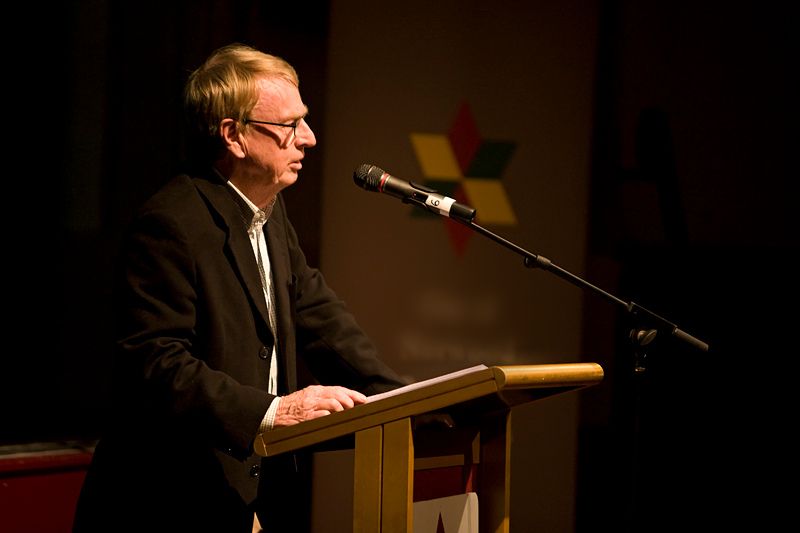
ARTS AND CULTURE
- John Schumann
- 15 June 2022
5 Comments
Most of us, when pushed, can name a couple of teachers who had a profound influence on our lives. For me, Brian Matthews was one such teacher. I enrolled in English at Flinders University in 1972. On asking the enrolling officer whether anybody was ‘doing anything about Lawson’, I was directed to the office of Brian Matthews, a recent appointment to the English Department. ‘I hear you know something about Lawson,’ I said, leaning in his doorway.
READ MORE 
-
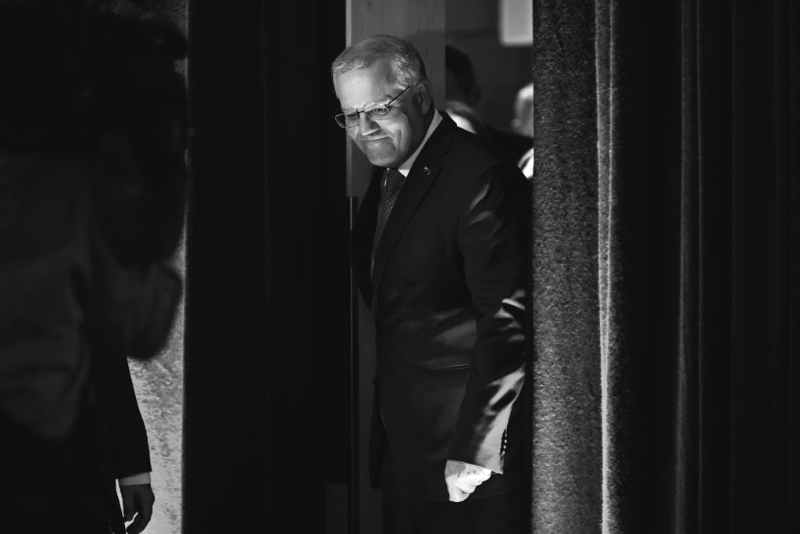
ENVIRONMENT
- Stephen Minas
- 09 June 2022
9 Comments
The Liberal wipeout in inner-city electorates is without precedent in Australian politics. For the Liberal Party, ‘existential crisis’ is not an overstatement. As the party founded by Robert Menzies finds itself in the hall of mirrors, climate policy should be a major focus of critical self-appraisal.
READ MORE 
-
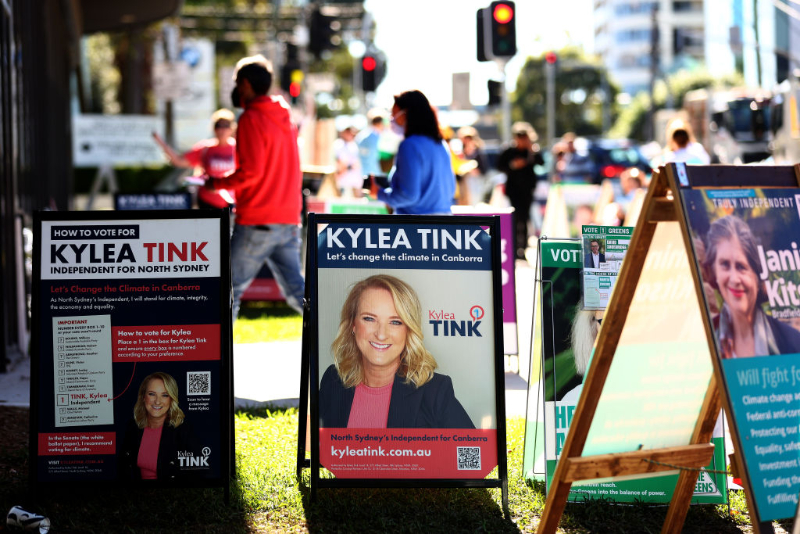
AUSTRALIA
- Binoy Kampmark
- 24 May 2022
11 Comments
The centre of the political system did not so much hold as desert. The vote was a furious, determined and tenacious shout from the estranged centre, a shivering of the timbers. The calibre of individuals elected — many from professions, many with public service outside the traditional party hierarchy of patronage and promotion, and most, women — has not been previously seen in this country’s politics.
READ MORE 